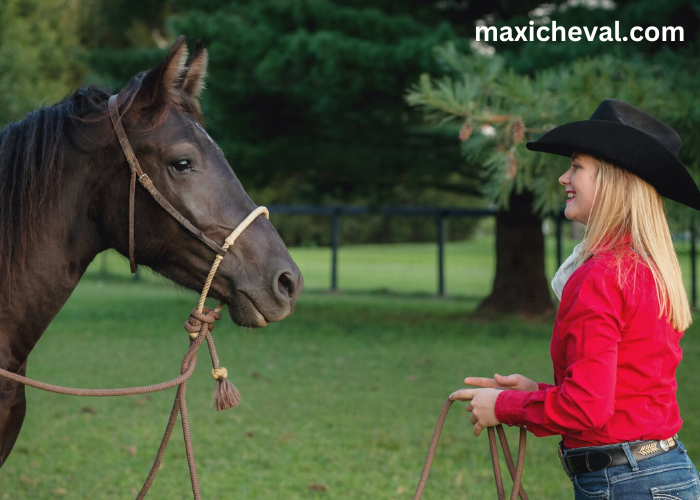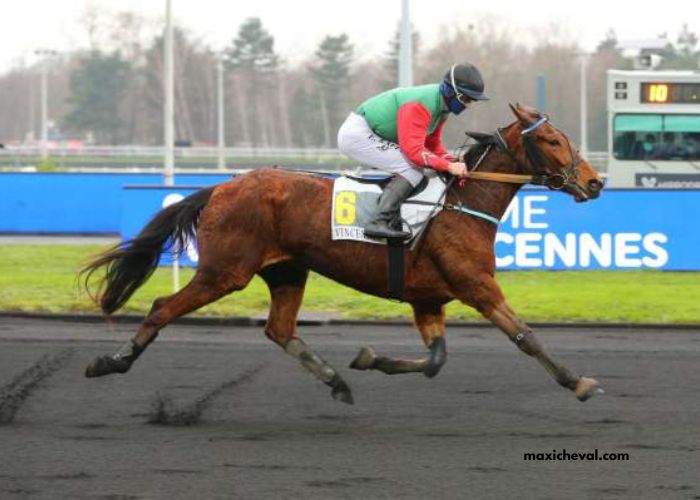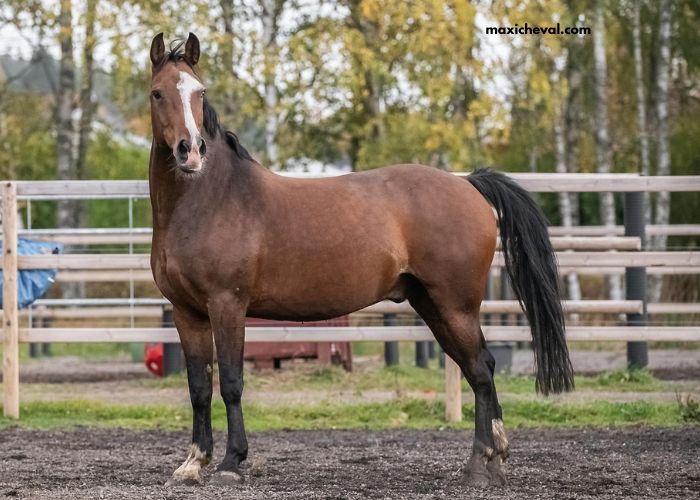Horses have been intertwined with human history for thousands of years, playing crucial roles in various facets of life. From the wild mustangs roaming the plains of North America to the finely-tuned athletes competing in the Olympics, horses continue to hold significant places in modern society. Their versatility and adaptability have allowed them to remain relevant in an ever-evolving world. Explore a wide range of courses on casa design, architecture, and construction at Casacourses. Enhance your skills and knowledge today!
Wild Mustangs: Symbols of Freedom
The wild mustangs of North America are perhaps the most iconic symbols of freedom and the untamed spirit of nature. Descendants of Spanish horses brought to the New World in the 16th century, these horses have adapted to survive in harsh conditions, roaming the vast landscapes of the western United States. They represent the historical and cultural heritage of the American West and are protected under the Wild Free-Roaming Horses and Burros Act of 1971.
Efforts to manage and protect these wild populations have led to both controversy and collaboration. Conservationists strive to maintain ecological balance while ensuring the mustangs’ survival. Adoption programs also aim to reduce overpopulation in the wild by placing these horses in loving homes, where they often become cherished companions and working animals.
Workhorses: Powering Agriculture and Industry
For centuries, horses were the backbone of agriculture and industry. Draft horses, known for their strength and endurance, were essential for plowing fields, transporting goods, and even powering early machinery. Although modern technology has largely replaced horses in these roles, they are still used in certain areas of the world where machinery is less accessible or practical.
In contemporary settings, horses are often employed in forestry, where their ability to navigate difficult terrain with minimal environmental impact is highly valued. They are also used in therapeutic settings, aiding in physical and emotional rehabilitation through equine-assisted therapy programs.
Sport Horses: Athletes of the Equine World
Horses have been part of competitive sports for centuries, from ancient chariot races to modern-day equestrian events. Today, equestrian sports are a significant aspect of the Olympics, showcasing the remarkable partnership between horse and rider. Disciplines such as dressage, show jumping, and eventing test the agility, speed, and precision of these equine athletes.
The rigorous training and care that sport horses receive is a testament to their incredible capabilities. Breeding programs focus on enhancing desirable traits, resulting in horses that excel in their respective disciplines. These horses often enjoy a high profile, with successful competitors gaining international fame and prestige.
Companions and Therapy Animals: Healing and Bonding
Beyond their roles in work and sport, horses also serve as beloved companions and therapy animals. The bond between humans and horses is profound, often described as therapeutic and healing. Equine-assisted therapy has gained recognition for its effectiveness in treating a variety of conditions, including PTSD, autism, and physical disabilities.
Therapeutic riding programs provide opportunities for individuals to develop confidence, improve motor skills, and experience emotional healing. The gentle and intuitive nature of horses makes them ideal partners in these therapeutic endeavors, offering comfort and support to those in need.
Cultural and Historical Significance
Horses hold a special place in many cultures around the world, often symbolizing strength, freedom, and nobility. In literature, art, and folklore, horses are depicted as majestic creatures with a deep connection to humanity. Historical events, from the conquests of Alexander the Great to the Pony Express, highlight the pivotal roles horses have played in shaping human civilization.
Today, horses continue to inspire and captivate people of all ages. Equestrian festivals, rodeos, and cultural events celebrate the enduring bond between humans and horses, ensuring that their legacy is preserved for future generations.
Conclusion
From the wild mustangs roaming free to the disciplined athletes competing on the world stage, horses occupy diverse and vital roles in modern society. Their contributions to our history, culture, and daily lives are immeasurable, reflecting their versatility and enduring importance. As we continue to cherish and protect these remarkable animals, we honor their legacy and the profound impact they have had on human civilization.




